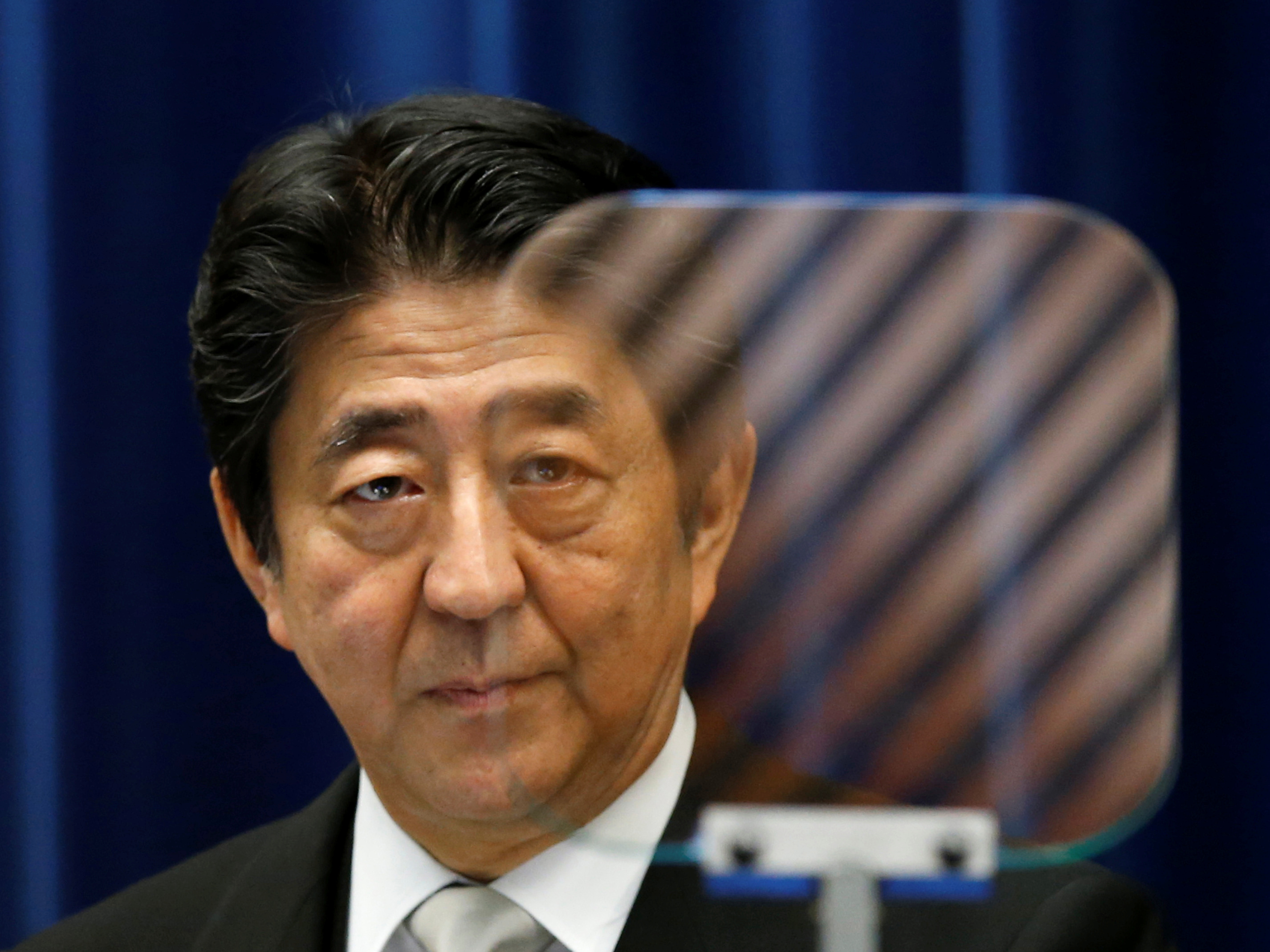Investors have been keeping close tabs on the Mexican peso in the weeks leading up the election.
But another currency may be worth paying attention to as the election results roll in: the Japanese yen, which is, generally speaking, one of the go-to safe-haven assets investors pour into during times of uncertainty.
As things stand right now, the market sees Hillary Clinton as a known player whose policies are expected to be largely a continuation of the Obama administration. Trump and his economic positions, however, are less predictable and do not always follow party orthodoxy. And so, he is perceived as more of a “political risk.”
“Since October, USD/JPY and share prices have risen when polls suggest a Clinton win is more likely and fallen when support for Trump rebounds,” wrote Taisuke Tanaka, strategist at Deutsche Bank, in a note.
“Initially, the reaction of USD/JPY and share prices is likely to follow this preelection pattern until there is some certainty about the election outcome,” he argued. “However, we think a Clinton victory should not be necessarily viewed as USD/JPY-bullish, only for a trigger to unwind USD/JPY shorts.”
Most recently, the dollar strengthened against the yen in Asian trade on Monday after the FBI said a review of newly discovered emails did not change the agency's conclusion that no charges were warranted in the case of Clinton's use of a private email server.
In light of that, Tanaka presented different scenarios and what it could mean for the yen:
- Clinton victory, Republican house, Republican/Democratic senate. Whichever party wins the senate, these scenarios "would cast doubt on the sustainability of USD/JPY's uptrend and ultimately result in reversion to a fundamentals-driven market," he writes. Given that the recent announcement from the FBI already saw the dollar jump against the yen, "further upside leeway [could be] limited." Trump victory, Republican House, Republican/Democratic Senate."We would first focus on whether USD/JPY's initial reaction to risk-off shock from Trump's victory could make it drop to 100 or lower. A deep decline could result in a greater sales order to cap around the 100 mark," he wrote. Bolder fiscal package expectations could lead to some "steadiness," he continued, "however, from a medium-term perspective, we also see the possibility of USD/JPY falling below 100 before the impact of a Trump administration's fiscal policies would begin to feed through in a few years later."
For what it's worth, the yen rocketed against the dollar after the last major political risk event in developed markets: The Brexit referendum, when Britons voted to leave the EU back in June. The currency surged by as much as 15.2% against the greenback shortly after several British news services called the vote. Relatedly, the Nikkei dropped by about 8% in the same time frame.
Interestingly, the yen's not the only safe-haven asset singled out by investors this time around. Gary Shilling, the president of A. Gary Shilling & Co. and the founder of Merrill Lynch's economics department in the 1980s, recently told Business Insider's Akin Oyedele that although a Trump presidency might be negative for stocks, he would be "very positive" for the dollar and Treasurys.
And Capital Economics' commodities team, headed by Julian Jessop, expressed a similar idea, arguing that "if Donald Trump were to win, we would expect the prices of most commodities to fall. The exception would be gold," which is the so-called "end-of-the-world" trade.
But, overall, markets are bracing for volatility in the immediate aftermath of the election.
The yen was weaker by 0.6% at 104.5250 per dollar as of 1:51 p.m. ET.


